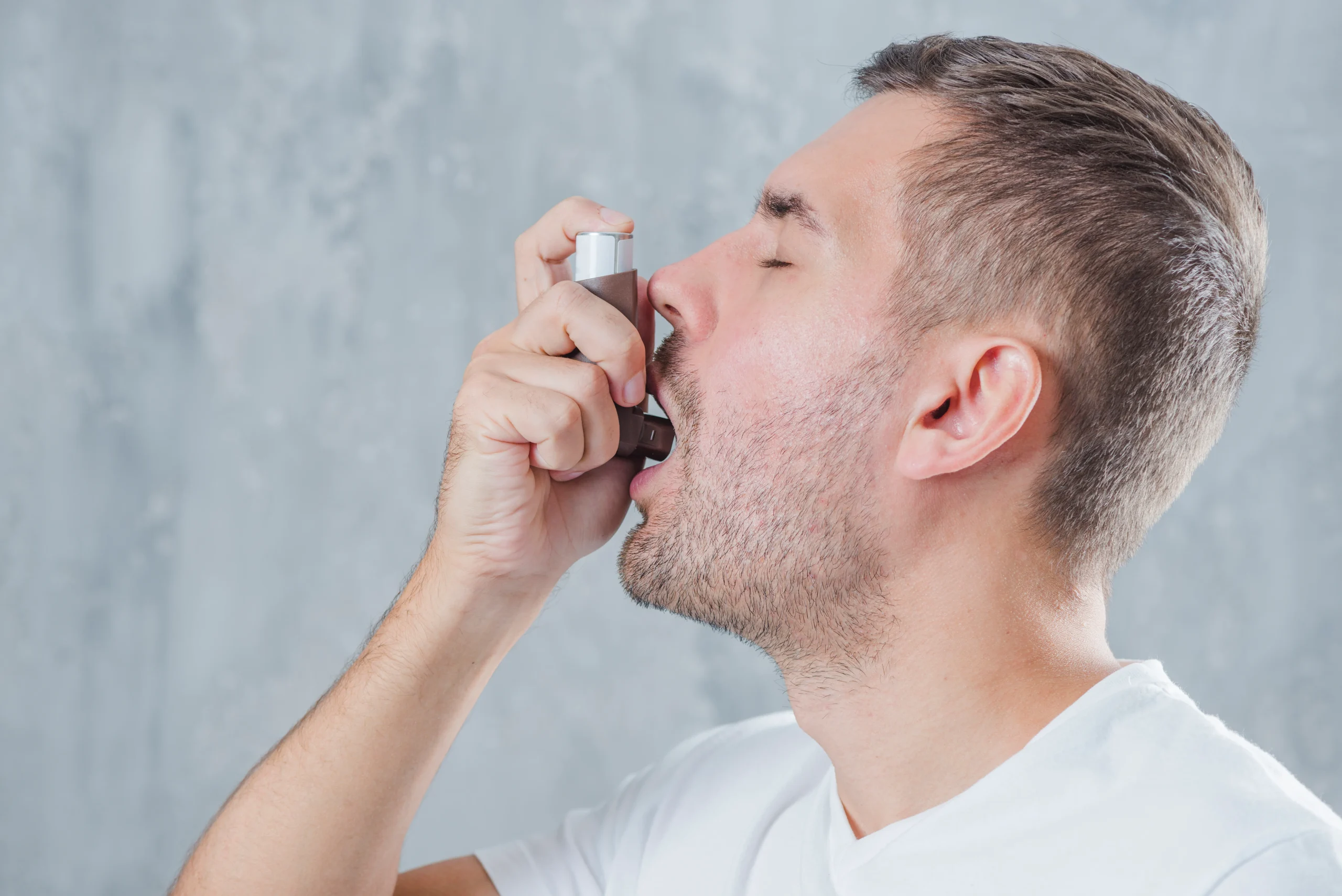Asthma Treatment in Homoeopathy
Asthma, a chronic respiratory condition marked by episodes of breathlessness, wheezing, chest tightness, and coughing, affects millions of people worldwide. Conventional medicine primarily focuses on controlling symptoms with inhalers, corticosteroids, and bronchodilators. However, these treatments often manage only the immediate symptoms rather than addressing the root cause. Homoeopathy offers a holistic, individualized, and long-term approach to asthma management, emphasizing not just symptom relief but also overall health and well-being.
In this comprehensive guide, we explore asthma in detail, the principles of homoeopathic treatment, and complementary lifestyle practices such as dietary recommendations, breathing exercises, yoga, and stress management techniques that support better respiratory health.
Understanding Asthma: Causes and Symptoms
Asthma occurs when the airways become inflamed and narrowed, making breathing difficult. Several factors trigger or worsen asthma attacks, including:
Environmental allergens: pollen, dust mites, pet dander, mold
Respiratory infections: colds, flu, bronchitis
Lifestyle triggers: smoking, air pollution, excessive exercise
Emotional stress: anxiety, fear, and tension
Weather changes: cold air, humidity, and sudden climate shifts
Common symptoms of asthma include:
Wheezing or whistling sounds when breathing
Shortness of breath
Chest tightness or pressure
Frequent coughing, especially at night or early morning
Homoeopathy and Asthma: A Natural Healing Science
Homoeopathy is a system of natural medicine based on the principle of “like cures like.” Instead of suppressing symptoms, it seeks to stimulate the body’s natural healing response. In asthma treatment, homoeopathy focuses on:
Individualized treatment – Each patient is evaluated based on their symptoms, triggers, constitution, and overall health.
Long-term relief – Remedies aim to reduce the frequency and intensity of asthma attacks.
Boosting immunity – Strengthening the immune system to minimize allergic responses and respiratory infections.
Holistic approach – Addressing the physical, emotional, and environmental causes of asthma.
Common Homoeopathic Remedies for Asthma
Several homoeopathic medicines are frequently prescribed for asthma, depending on the patient’s condition. These remedies are safe, natural, and non-addictive:
Arsenicum Album: For asthma attacks at night with restlessness and anxiety.
Ipecacuanha: Effective for persistent wheezing and cough with nausea.
Natrum Sulphuricum: Recommended for asthma triggered by damp or humid weather.
Spongia Tosta: For dry, barking cough and chest tightness.
Antimonium Tartaricum: Used when there is excessive mucus and difficulty in expelling phlegm.
Bryonia: For asthma worsened by motion and relieved by rest.
These remedies should always be prescribed by a qualified homoeopathic practitioner, as treatment depends on the unique symptoms of each individual.
Dietary Recommendations for Asthma Patients
Nutrition plays a key role in managing asthma naturally. Following a healthy, balanced diet helps reduce inflammation and strengthens the respiratory system.
Foods to include:
Fresh fruits (apples, oranges, berries) rich in antioxidants
Leafy greens and vegetables like spinach, broccoli, and kale
Omega-3 fatty acids from fish, flaxseeds, and walnuts
Turmeric, ginger, and garlic for their anti-inflammatory benefits
Warm fluids such as herbal teas and soups to ease mucus
Foods to avoid:
Processed foods and junk food
Excessive dairy products, which may increase mucus formation
Carbonated and sugary drinks
Fried and oily foods
Excessive caffeine and alcohol
Breathing Exercises and Yoga for Asthma
Breathing techniques and yoga significantly improve lung capacity, reduce stress, and minimize the frequency of asthma attacks.
Pranayama (breathing exercises):
Anulom Vilom (alternate nostril breathing): Clears nasal passages and balances breathing.
Bhramari (humming bee breath): Relieves anxiety and calms the respiratory system.
Kapalabhati: Strengthens lungs and clears mucus from airways.
Yoga poses beneficial for asthma:
Bhujangasana (Cobra Pose) – Expands chest and improves lung capacity
Setu Bandhasana (Bridge Pose) – Strengthens respiratory muscles
Ardha Matsyendrasana (Half Spinal Twist) – Enhances lung function and detoxifies body
Sukhasana (Easy Pose) with deep breathing – Promotes relaxation and better airflow
Practicing these daily under expert guidance can significantly support homoeopathic treatment of asthma
Stress Management Techniques
Emotional stress is a powerful trigger for asthma. Implementing stress management strategies can help prevent attacks:
Mindfulness meditation to calm the mind and body
Regular physical activity such as walking, swimming, or light aerobics
Adequate sleep to restore body balance and immunity
Creative outlets like painting, music, or journaling to relieve stress
Relaxation therapies such as aromatherapy, warm baths, and massage
By maintaining emotional stability, asthma patients can reduce the frequency of flare-ups.
Conclusion
Asthma is a chronic condition that requires long-term, sustainable management rather than quick fixes. While conventional treatments provide short-term relief, homoeopathy offers a holistic, natural, and effective approach that focuses on the individual, addressing both symptoms and root causes. Combined with balanced nutrition, yoga, breathing exercises, and stress management, homoeopathy empowers patients to live a healthier, symptom-free life.











